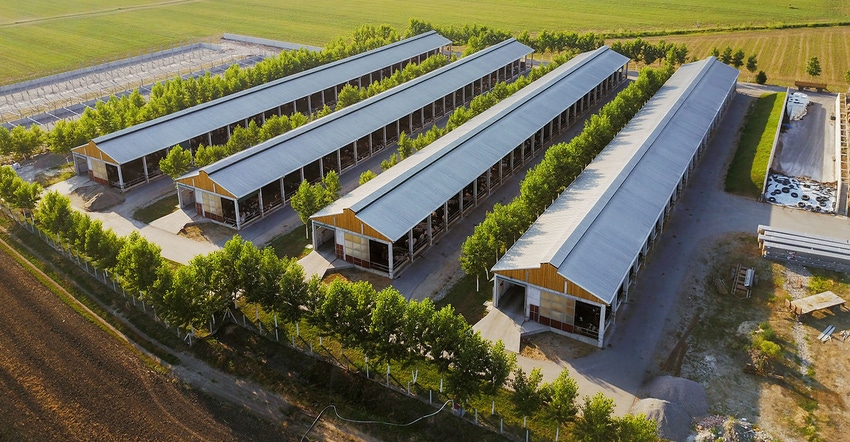
Sunnyside Dairy in Eastern Washington has signed a Consent Decree which is to be blessed by a U.S. District Court judge any day now admitting it committed violations of the Resource Conservation and Recovery Act (RCRA). The dairy also will have to pay the attorneys’ fees and costs. The fees start with an initial payment of over $100,000 to plaintiffs’ attorney. There is a payment schedule starting in 2020 where Sunnyside shall pay $25,000 at a minimum for the plaintiff to monitor the implementation of the decree. The cost in 2021 is $55,000 and in 2022, $50,000.
This started when the US. Environmental Protection Agency in 2012-2013 undertook a nitrate study of the Yakima Valley farming area. The EPA study “Lower Yakima Nitrate Study and Report,” claims the dairy industry is responsible for too much nitrate in the groundwater in the Yakima Valley.
An outside study analyzing the EPA report found that EPA’s report on the Yakima Valley was not based on science. In fact, EPA used a soil testing method that used a teaspoon to sample at the depth of one inch and one expert said this sampling technique “…demonstrates either an exceptional level of scientific incompetence or a willful effort to deceive.” In fact, the expert said, “EPA did not follow either of those standard procedures and fraudulently reported the analysis results anyway.”
Notwithstanding the dairy farmer’s efforts, dairy after dairy in the Yakima Valley has been sued by plaintiffs’ lawyers and without ever going to trial, have signed consent decrees. Sunnyside Dairy is only the latest to succumb to plaintiffs’ lawyers who allege each dairy is violating RCRA and the dairy defendant settles. The consent decree makes the plaintiffs’ lawyers a partner with the dairy operation by determining how manure storage lagoons shall work and how much manure may be applied to farmers’ fields.
One “good part” of the proposed consent decree is that “…nothing herein shall prevent Defendant from discontinuing its dairy operations,…” Other “good news” in the proposed consent decree is that a successor dairy operation cannot operate without the plaintiffs’ consent or approval of the court. Should the dairy farmer continue, according to this Sunnyside Consent Decree, it must “…double line all eight (8) of its lagoons using 2 membrane liners with a leak detection sump and pump to remove leachate collecting between them,…” These lagoons must be lined with single 60-mil HDPE liners. All the dairy’s lagoons must have such liners if dairy manure or processed wastewater is stored in the lagoon for at least seven days. In the Sunnyside Dairy case, it must have all its lagoons lined by at least Dec. 31, 2028. Plaintiffs lawyers will work with the defendant on developing reports no later than 60 days after the farmer completes the construction for the lagoons.
The dairy farmer in the Sunnyside case also gets to install seven new groundwater monitoring wells which will be specified for him. The dairy farmer may even be required to install up to two additional wells if any of the installed seven wells do not properly monitor the flow of the groundwater. Plaintiffs’ lawyers will also observe quarterly sampling events at all the dairy farm’s monitoring wells. Other “good news” in the decree is that after 2028, the dairy farm’s monitoring of its installed wells shall cease. The Consent Decree even claims to oversee the dairy farm’s cow pen maintenance program.
Finally, Sunnyside ”…shall collect and route to a lined manure storage lagoon all stormwater and sileage liquids collected from the sileage area…” The decree also specifies “No additional areas shall be used at the dairy for sileage storage unless the underlying soils are compacted to 95% compaction, slopes are a minimum of 2% and drainage for stormwater and collected leachate is provided, with that drainage discharged directly to the lagoon system.”
As you can see, a plaintiff’s lawyer and a consent decree can take over your farming operation.
The opinions of the author are not necessarily those of Farm Futures or Farm Progress.
About the Author(s)
You May Also Like




